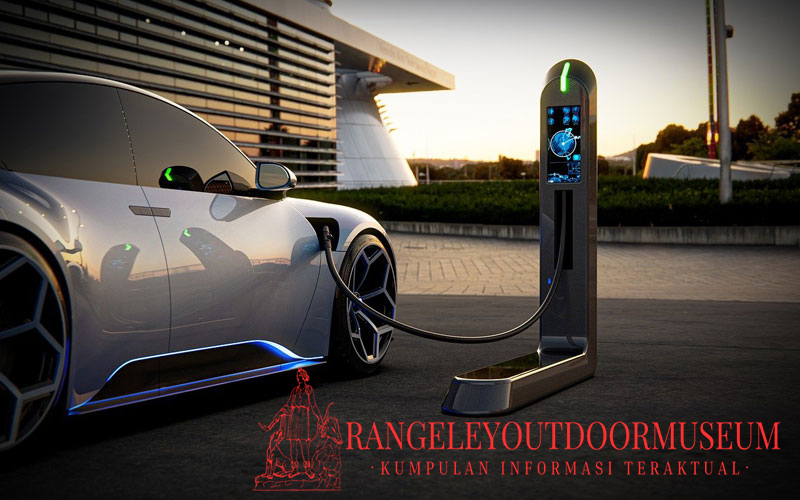Air conditioning (AC) in car has become an essential feature for comfort during drives, especially in hot and humid climates. However, there has been an ongoing debate about whether using the car’s AC leads to increased fuel consumption. Many drivers are concerned about the potential trade-off between staying cool and fuel efficiency. In this article, we will delve into the topic and present three practical tricks to help you optimize your car’s AC usage without drastically affecting your fuel economy.
The Relationship between Car AC and Fuel Consumption
The idea that using the car’s AC can result in higher fuel consumption is grounded in the fact that the AC system draws power from the engine. Which in turn requires more fuel to maintain the engine’s performance. While this notion is not entirely inaccurate, modern vehicles have made significant advancements in engineering and technology that have minimized the impact of AC usage on fuel economy. The overall effect on fuel consumption varies depending on several factors. Including the car model, driving conditions, and how a maintenance practices.
Trick 1: Efficient Use of AC
One effective way to counter the potential increase in fuel consumption due to the AC is to use it more efficiently. Start by cooling the interior of the car using the vehicle’s ventilation system or opening the windows before turning on the AC. This helps reduce the initial load on the AC system. Once the interior temperature is relatively comfortable, switch on the AC at a moderate setting. Running the AC at full blast from the beginning not only consumes more energy. But can also create unnecessary strain on the engine, leading to higher fuel consumption. Additionally, consider adjusting the temperature settings to a slightly higher level. As cooling the car to extremely low temperatures puts more load on the AC system.
Trick 2: Maintain Your Car AC System
Regular maintenance of your car’s AC system is crucial for optimal performance and fuel efficiency. A poorly maintained AC system may have to work harder to cool the interior. Which can lead to increased fuel consumption. Make sure the A/C system is inspected and serviced according to the manufacturer’s recommendations.. This includes checking refrigerant levels, cleaning or replacing filters, and inspecting the compressor and other components for any issues. By keeping your AC system in good condition, you can minimize its impact on fuel economy.
Trick 3: Smart Driving Practices
Your driving habits can also influence how much the AC affects your fuel consumption. Avoid unnecessary idling with the AC on, as idling burns fuel without providing any significant benefit in terms of cooling. Instead, start driving to allow the air to circulate through the vents, and then turn on the AC once you’re on the move. Additionally, use the vehicle’s recirculation mode when the AC is on. This mode recirculates the already cooled air within the car. Reducing the need for the air conditioner to work harder to cool incoming hot air.
Conclusion
While it’s true that using the car’s AC can impact fuel consumption, the effects can be managed effectively with the right approach. By implementing the three tricks mentioned above—efficient AC usage, regular maintenance. And smart driving practices—you can enjoy a comfortable ride without significantly compromising your fuel economy. It’s important to strike a balance between staying cool and being mindful of how your AC usage might affect your overall driving costs. As technology continues to evolve, we can expect even more efficient AC systems that further minimize the trade-off between comfort and fuel efficiency.




